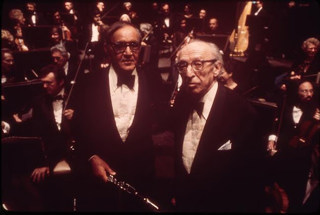
Wynton Marsalis and the "Blues Symphony"
I had the chance to sit down with virtually with the legendary Wynton Marsalis for a conversation about Jazz, comparing jazz and classical pieces, why so many classical composers writing jazz fail and vice versa, and about his massively ambitious Blues Symphony. About halfway through the show Wynton takes you straight through the first movement of his symphony and I got the sense that I was living the dream of every artist hearing with perfect clarity how a composer conceived of their ideas. Don't miss it!
10 Kesä 202141min
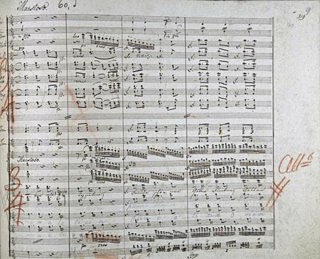
Beethoven Symphony No. 9, Part 2
The cycle is complete! Would it surprise you to find out that Beethoven's 9th Symphony wasn't his last piece? Would it surprise you that he was actually considering an all instrumental movement for the last movement? Or how about that the second performance of the piece was given to a half full hall and it took decades for the piece to become popular? Or how about the famous words "All men will become brothers?" What did that phrase mean to Beethoven? We'll talk about all this and more in Part 2!
4 Kesä 20211h 1min
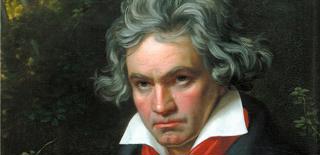
Beethoven Symphony No. 9, Part 1
More has been written about the meaning of Beethoven's 9th than any other symphony. There are more recordings of it, more performances of it, and more uses of its most famous theme, the Ode to Joy, than any other piece. But what is often talked about less than the political and social ramifications of the piece, is the music itself - this shocking, roiling, and inspired music that seems to inject itself right into our bloodstream. This week we talk about the first two movements of this massive symphony.
1 Kesä 202148min

Beethoven Symphony No. 8
In 1812, Beethoven's life was in ruins. He was embroiled in court battles, pining away for his "Immortal Beloved," and profoundly depressed. His musical response is one of his funniest, most charming, and most "classical" symphonies - the 8th. This is an underappreciated work that confused audiences of the time because it sounded almost experimental. So in the same vein, I'm going to reprise my live commentary experiment from my Marriage of Figaro episode and talk you through the entire symphony! Enjoy!
27 Touko 202143min
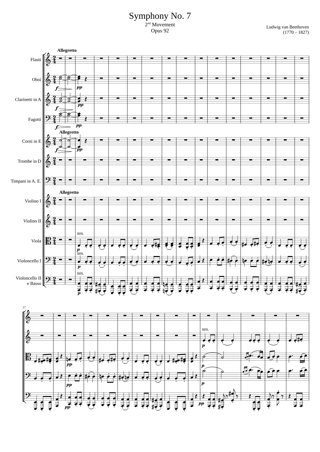
Beethoven Symphony No. 7
The composer Carl Maria Von Weber called it the work of a madman. Clara Schumann's father, Friedrich Wieck, called it the work of a drunk. Beethoven's 7th has been popular ever since its premiere, but as you can see, not everyone loved it. It is a piece that has defied explanations about its meaning ever since its premiere. Today, we'll discuss this overwhelmingly joyous, raucous, even wild piece, its obsessive rhythms, its repetitiveness, and of course, that very nearly indescribable second movement.
20 Touko 202155min
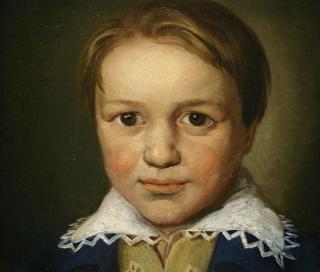
Beethoven Symphony No. 6, "Pastoral"
Beethoven once said: "No one can love the country as much as I do. For surely woods, trees, and rocks produce the echo which man desires to hear." There's no better example of Beethoven's love of nature than in his 6th symphony, where he takes simplicity to new heights, transforming the motivic cells that relentlessly drove his 5th symphony into motifs of bucolic joy. It still astounds me that the 5th and 6th symphonies were written simultaneously. Join us to learn about this most beautiful symphony..
17 Touko 20211h 1min

Beethoven Symphony No. 5
They are the most famous 8 notes in all of Western Classical Music. If you walk down the street and ask someone to name a piece of classical music, they will surely say Beethoven 5. But why? What's the deal with the 5th? Well, today we're going to take a deep look at this ubiquitous piece, exploring lots of different facets of this symphony. It is a monumentally important work because in many ways Beethoven 5 serves as the fulcrum between the classical and romantic eras. Join us to find out all about it..
13 Touko 202156min
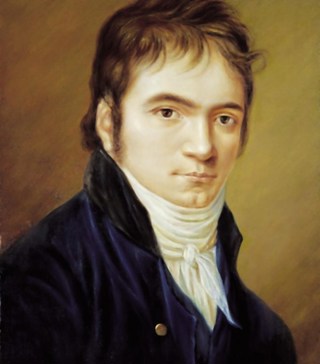
Beethoven Symphony No. 4
Beethoven often gets the reputation of being a composer of extreme seriousness, shaking his fist at the heavens while dealing with a litany of medical ailments and heartbreak, and there is some truth to that as well. But the 4th symphony, a very strange and mysterious introduction aside, is a piece of almost unadulterated joy. It is another side of Beethoven: bouncy, funny, silly, and quite simply, happy. How and why did he write such a happy symphony? How does music become "happy?" Join us to find out..
10 Touko 202153min
